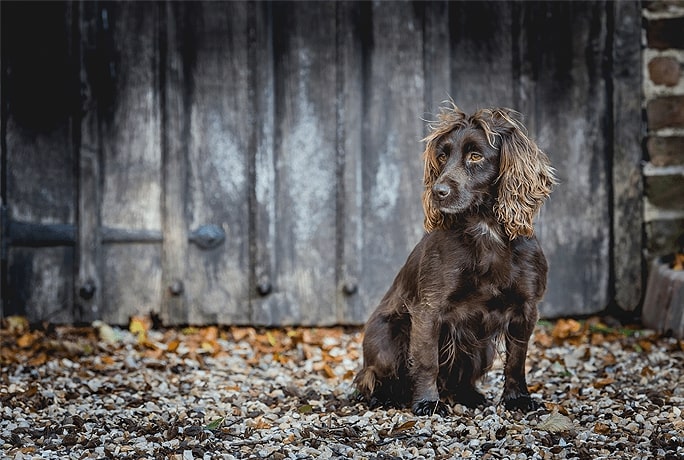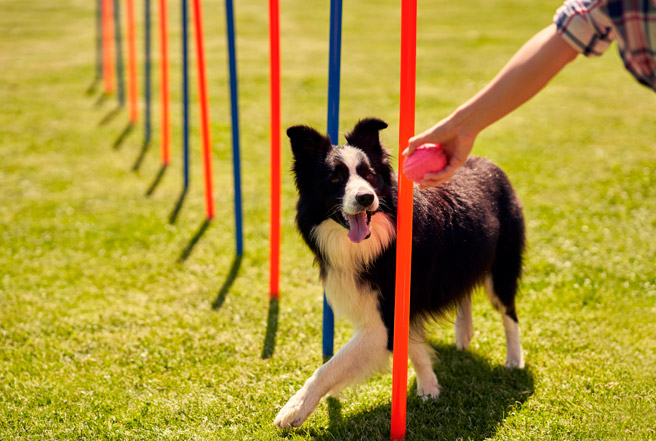Dentally Delightful
Top tips for top teeth!
Your dog’s teeth are the very first part of their digestive system. Healthy teeth mean your dog is better able to eat and process their food, less likely to have halitosis (bad breath!) and be healthier generally. Indeed, some of the bacteria found in mouths and on teeth that aren’t sparkling clean can be linked to other illnesses and infections, so maintaining top teeth is a great health preventative, not to mention making your dog much nicer to be around, without classic “dog breath”!
But what can you do to keep your dog’s mouth and teeth clean and healthy and why is it so important? Well, periodontal disease is one of the most common diseases of adult dogs. Basically, plaque builds up on teeth and creates a lovely environment for bacteria to grow on. Those bacteria can then infect the gums and over time can cause inflammation, infection and oral pain. In extreme cases, teeth can be lost! This is not only a bad thing for your dog and their mouth, but such treatment is also costly and painful.
So, here are our top five tips to managing your dog’s dental health;
1. Brush and check your dog’s teeth daily! It sounds onerous and might need some careful training to make it fun and effective, but daily brushing is identified as a key way to remove plaque from the surface of your dog’s teeth. It can also be a great way to monitor your pet’s health and have some bonding time!
2. Feed a balanced and appropriate diet to maintain and support overall health and wellbeing! Normal feeding of dry dog foods (kibbles) is no guarantee of healthy teeth, although feeding dry foods do create some abrasion to the surface of teeth and may help remove some plaque.
3. Provide appropriate chewing materials. Dogs (mostly!) love to chew and it has a beneficial effect on their overall mood as well as on their teeth! Chewing materials with abrasive surfaces (think rope toys for example) can be great at removing plaque. Abrasive treats and chews can also be offered (in moderation!), for example many dogs love chewing on a raw carrot and this can also have digestive and anal gland benefits too!
4. Have routine health check-ups with your vet that include a dental inspection. This can be an easy way to identify the start of issues before they become a painful or pricey problem.
5.Know your dog and what is normal for your dog! Unfortunately, some dogs just have poor dental health because of genetics, age or even their size (small dogs are often more severely affected by dental issues than larger dogs). Recognise if they have slowed down eating their food or changed how they eat. Maybe they are reluctant to pick up their favorite ball or toy. These signs could indicate oral pain and should be checked by your vet.
Written by Dr. Jacquline Boyd



